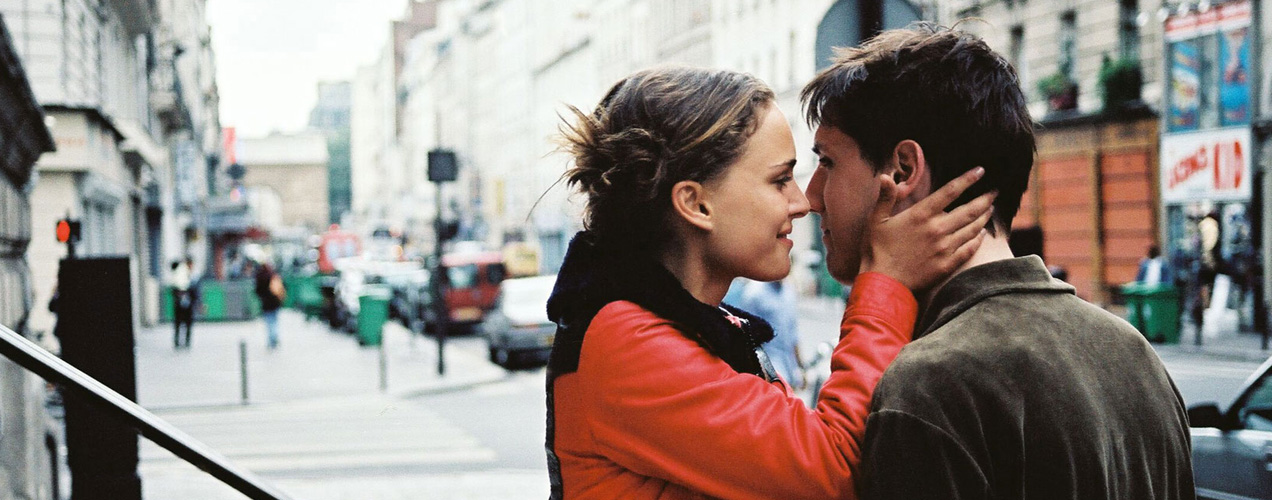2006 / Tristan Carné > Paris, je t’aime is a mixed bag of short films, no doubt, with a couple of head-scratching entries by Christopher Doyle (which seems to be an extension of his appreciation of Asian women) and Olivier Assayas (where Maggie Gyllenhaal does something, we’re just not sure what). Balancing those are a comfy, introverted short by Alexander Payne in which an American tourist falls in love with Paris and solitude all at once, and arguably the finest piece in the compendium, about a mime who finds love in the most incredulous of places, directed by Sylvain Chomet of The Triplets of Belleville. And though in between is everything from marriage to racism and vampires, the total package’s cohesiveness is rarely lost. It’s tricky, however, when you only have five minutes to get your point across—Symbolism becomes a heavy element but since the viewer’s forced to jump into the next short, there’s not much time to contemplate what the aforementioned symbolism could have meant.
Category Archives: Europe

Wanted
2008 / Timur Bekmambetov > It’s usually a terrible idea when 70% of a film’s plot is told over narration within five minutes, but Russian blockbuster director Bekmambetov brings his Night Watch fame this side of the Pacific with an action-packed extravaganza that’s short on plot and long, very long on intensity. In fact, Wanted may have some of the best action sequences ever seen on film. Suspending disbelief is a priority in this adaptation of a comic grounded on prophetic assassins—This is also partially because we know Angelina Jolie has the potential to blow stuff up, but James McAvoy? Not your likeliest action star, but the special effects make it all work in spades.
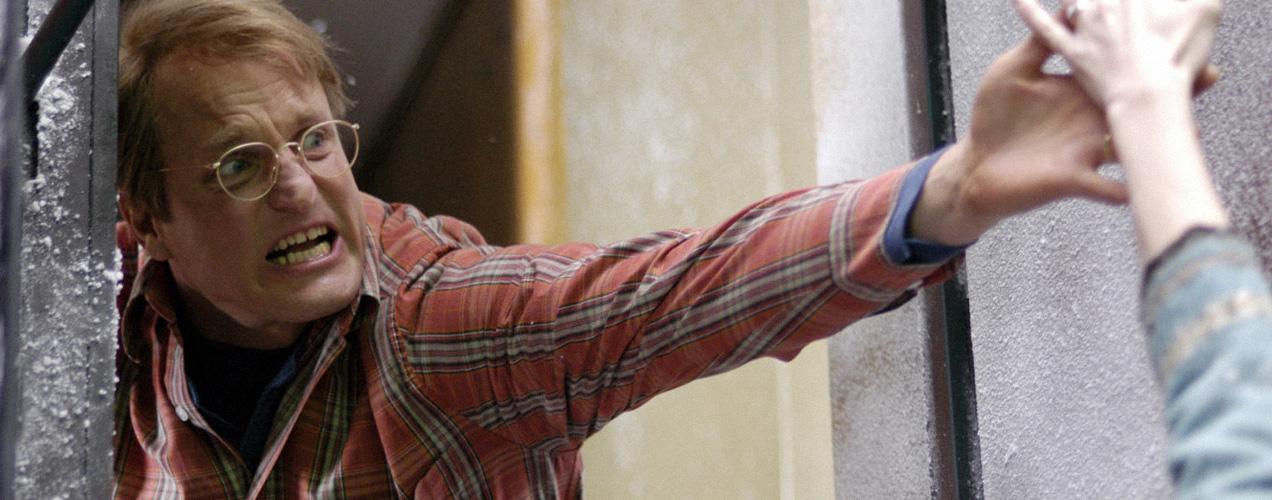
Transsiberian
2008 / Brad Anderson > Transsiberian is an unique film in the midst of Hollywood’s barrage of inarticulate torture porn: It’s filled with a level of palpable tension that never truly shows its face in the way you would expect (which in itself is quite an achievement). Founded on a stellar performance by Emily Mortimer, the film tests the audience’s stereotypes and then tries to defy many movie conventions. While it doesn’t always succeed, Anderson’s script and his technical expertise work together to entertain the viewer throughout. There are a couple of plot points that are irksome, but because the final product feels so complete, it’s hard to not give them the benefit of the doubt.

Doomsday
2008 / Neil Marshall > You have to give Marshall credit for trying to create an intelligent mixture of The Road Warrior and 28 Days Later, but somewhere along the way, the focus shifted away from the storyline into chases, beheadings and twists seen from a mile away. Rhona Mitra, the original Tomb Raider, fitfully shows that she had the right to star in the films of her former alter ego, and Craig Conway is superb as a chilling vision of humanity gone awry. Though generally exciting, Doomsday’s premise of de-evolution in modern society never really develops into anything fresh to deserve the kind of cult status it could have achieved.
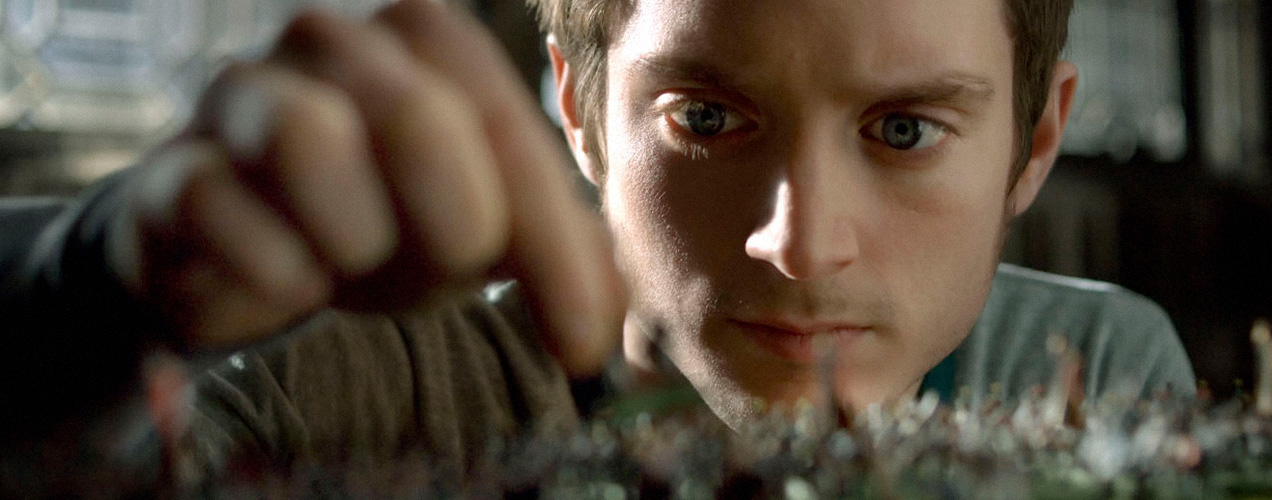
The Oxford Murders
2008 / Alex de la Iglesia > The Oxford Murders is a mostly forgettable, unimaginative thriller that tries to dumb down The Da Vinci Code into a mathematical trick. Elijah Wood is woefully miscast and Leonor Watling’s there for mostly her naked body behind a lonely kitchen apron. The twists and turns are ludicrous on the back of a surprisingly bad effort for de la Iglesia’s follow-up to the enjoyable The Perfect Crime.
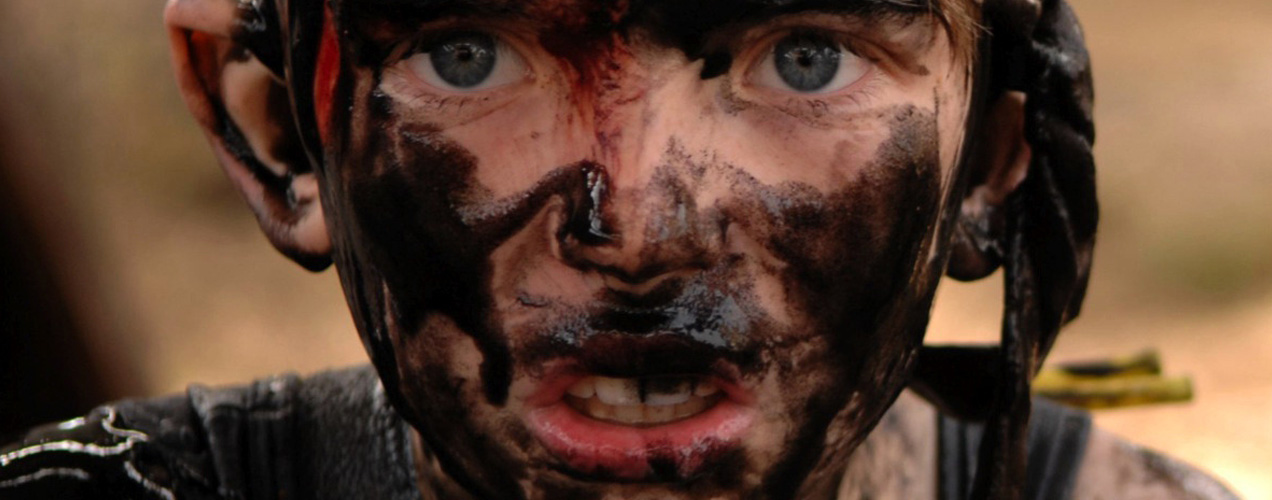
Son of Rambow
2008 / Garth Jennings > The great thing about Son of Rambow is that it feels less like a kid’s movie and more like the movie you want to watch at an older age that makes you feel like a kid again. It’s got a lot of subtle storytelling tactics that give you a layer on top of what you see, often catalyzed by personal experiences of family and growing up. All the performances are great, though newcomer Will Poulter definitely needs some additional praise for his portrayal of the bad boy with a big heart—and it seems like he’ll be getting some more attention with rumors that he’s been cast in the upcoming Narnia sequels. For Jennings, this is quite a departure from his first feature film attempt in A Hitchhiker’s Guide to the Galaxy, but it definitely seems to be his area of comfort, and I definitely look forward to whatever he brings us next.
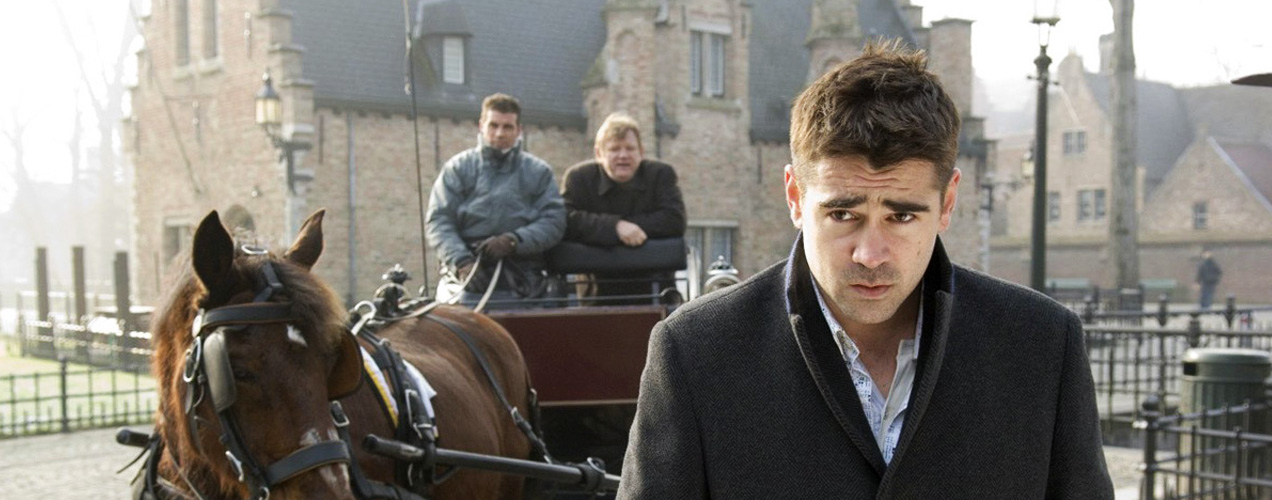
In Bruges
2008 / Martin McDonagh > For all the awesomeness that In Bruges has going for it (and by awesomeness, I’m inclined to say the absolute barrage of political incorrectness), it does make me wonder why McDonagh takes such a sensationalist and overdone method of resolution. However, cheers to him for taking the Colin Farrell out of Colin Farrell and for making Ralph Fiennes one of those guys you love to hate to love to hate. All in all, it’s a good time but sadly not the cult classic it could have become with a couple of tweaks. But the film does the city of Bruges quite a good service by making sure viewers such as myself check out hotel pricing on a whim for the so-called “most medieval” city in the world. (Trust me, even for a small city, the current exchange rates for the dollar does none of us any favors.)
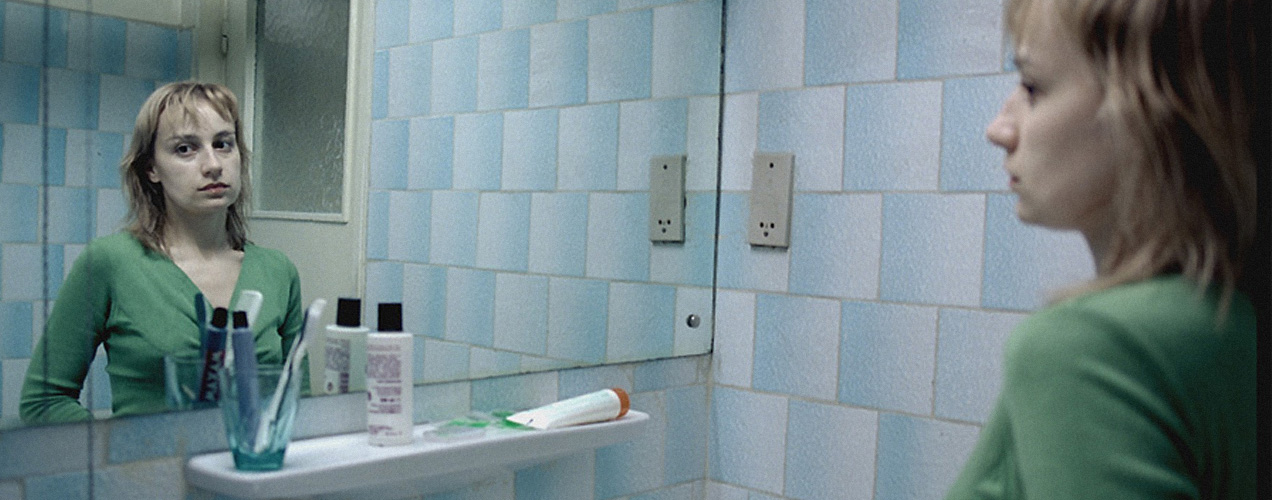
4 Months, 3 Weeks & 2 Days
2007 / Cristian Mungiu > There’s something that’s in the minds of the Cannes juries, year after year, that I just can’t figure out. It’s as if their choice for the Palm d’Or has to be this significant social statement that future filmgoers will always appreciate and respect. (After all, who, in retrospect, is not ashamed that Fahrenheit 9/11 walked away with the top prize in 2004?) 4 Months, 3 Weeks & 2 Days is a good film, but it’s also filled with one egregious flaw that arguably discounts the whole statement of the film. While I can’t give it away, I can imagine the scene being a sticking point for almost everyone who watches it.
Technically, this so-called Romanian New Wave seems to follow works of the Brothers Dardenne with its claustrophic camerawork and frantic pacing as if to give a sense of realism that’s supposedly gone missing from cinema. Here, however, one could argue that the reason realism has become modified in film is because film is an escapist medium, not one to transport us back to the moment of truth in which we already live.
But such philosophies aside, I simply can’t enjoy a film that fails to give the viewer a sliver of hope. There are hints at it, but ultimately, it’s all a mirage. There is no heart. There’s nothing emotional that we’d want to grip onto, but rather lots that we’d like to run away from. There is, however, an incredible performance by Anamaria Marinca, who had the unfortunate luck of going up against the incomparable Jeon Do-yeon at Cannes last year. For that and to understand the infatuation with the Romanian realist movement, , the film is worth watching—though how much you enjoy it is completely up to you.

Atonement
2007 / Joe Wright > A couple of things in which Atonement surpasses almost every film this year: Dario Marianelli’s glowing score that anchors itself around the effectively used typewriter clicks, and Seamus McGarvey’s magnificent cinematography, including a three minute long shot that captures the beauty and despair of the evacuation of Dunkirk during World War II. Also memorable is the simmering performance by 12-year-old newcomer Saoirse Ronan (now nominated for an Oscar) as a character of genuine human fault whose covetous nature sets the wheels of the story into motion. But it’s ultimately too hard to digest. The prettiness aside, there’s something incalculably dishonest about how the film interacts with the viewer, manipulating our emotions to prove a point that renders itself ineffective soon after. You can’t particularly blame anyone, since it’s based on Ian McEwan’s novel, so it becomes an issue of unlucky circumstance. Wright, nonetheless, should be commended for such an exacting, exciting effort.
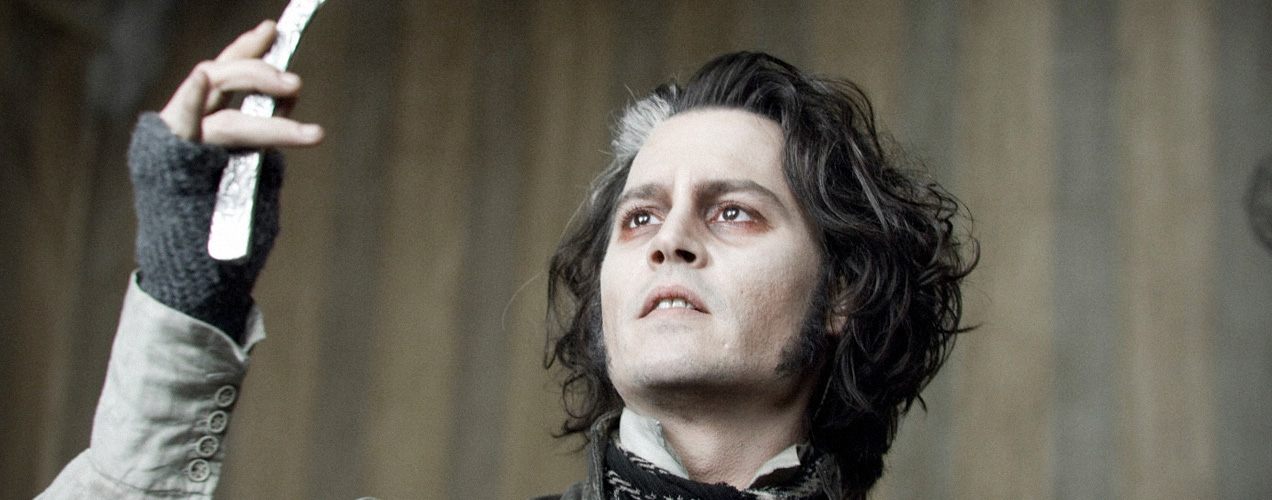
Sweeney Todd: The Demon Barber of Fleet Street
2007 / Tim Burton > I very much enjoy Burton’s work, but am generally not a fan of musicals. This puts me into a sort of dilemma where I find myself only half-appreciating the meticulously crafted Sweeney Todd. Musicals generally tend to have fairly simple stories that are buffered by lyricism and melody, but when those aren’t high on one’s priority list, the foundation of the film falls off. Now, I can only hope that his forthcoming Alice in Wonderland is not a sing-along.

